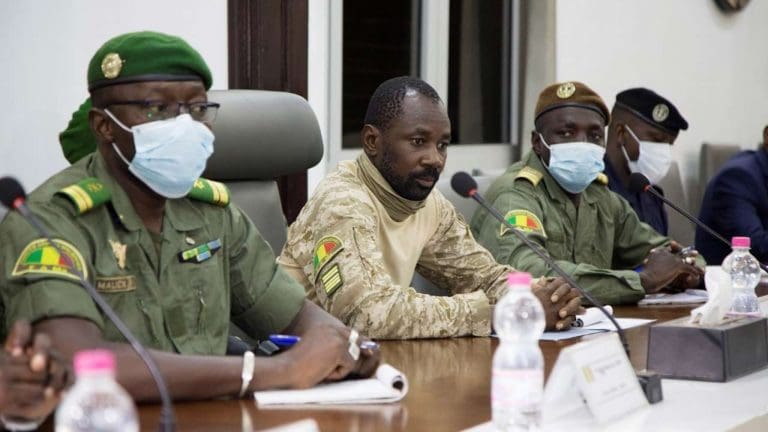The governor of the Bamako district cited security concerns and potential disruption of public order as justification.
This decision comes amid heightened scrutiny as Mali approaches the official end of its political transition period, originally set for March 26, 2024. The planned February-March 2024 presidential election was postponed in September 2023 with no new date announced.
The group’s leaders condemned the ban as a violation of democratic principles and fundamental freedoms. This follows the prior banning of two member organizations within the Synergie: Imam Mahmoud Dicko’s CMAS and Elhadj Aboudou Touré’s Kaoural Renouveau association. Both faced similar accusations of threatening public order.
Several political figures have urged the authorities to uphold democratic principles and guarantee fundamental freedoms, including those of Synergie d’Action pour le Mali members.
The timing of the ban coincides with commemorations of the 1991 events that ushered in democracy and a multi-party system in Mali. This move raises concerns about the government’s commitment to a truly democratic transition.
With the official transition period ending and no new election date set, Mali’s political future remains uncertain. The ban on this opposition group adds to the growing tension surrounding the country’s democratic trajectory.
MD/ac/fss/abj/APA


